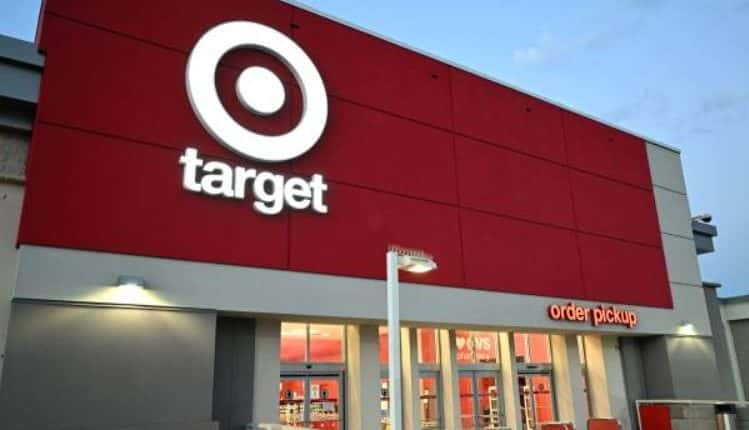
Retail giant Target made headlines by announcing the closure of nine stores across four states, citing concerns about theft and organized retail crime compromising safety and profitability.
However, a thorough investigation by CNBC has revealed discrepancies in Target’s explanation, raising questions about the company’s motives and the impact on its legislative agenda.
Store Closures Amid Contradictory Crime Rates
Contrary to Target’s assertion that crime rates prompted the closures, CNBC’s findings indicate that the shuttered locations generally experienced fewer reported crimes than nearby stores that remained open.
This revelation challenges the narrative that organized retail crime was the sole driver behind the decision.
In some instances, Target opted to maintain operations in busier areas with higher foot traffic and incomes despite facing higher rates of theft and violence. This strategic choice suggests that factors beyond crime influenced the decision-making process, potentially masking poor financial performance at the closed stores.
The closed stores, primarily “small-format” locations established in the last five years, were part of an urban expansion experiment. This move followed Target’s earlier closure of four similar underperforming stores in the spring, as reported by Retail Dive.
Read more: Nikola Founder’s Four-Year Jail Term For Misrepresentation Of Electric Car Technology
Target Echoes NRF

Target’s announcement aligns with the National Retail Federation’s (NRF) annual security survey, where the organization highlighted increased violence but stable theft losses.
Notably, Target CEO Brian Cornell sits on the NRF’s board, prompting speculation about the company’s alignment with the NRF’s subsequent lobbying efforts for tougher penalties on organized theft.
Critics, including retail expert Mark Cohen, have questioned the authenticity of Target’s claims, suggesting that they may be a diversionary tactic to deflect attention from the company’s overall poor performance. The lack of disclosure regarding actual shortage statistics further fuels skepticism.
In response to these allegations, Target spokesperson Jim Joice emphasized the company’s commitment to growth and continuous improvement, mentioning ongoing investments in new stores and renovations. He downplayed the significance of the closed stores, asserting that they represent less than 0.5% of Target’s US footprint.
To investigate Target’s claims, CNBC obtained crime statistics and 911 call data for 21 stores in New York City, Seattle, the San Francisco Bay Area, and Portland—the regions where closures occurred.
The records reveal frequent crime at the closed locations, yet almost every store subjected to closure saw less police activity and fewer reported incidents than nearby stores that remained open.
While Target declined to share internal crime figures, experts argue that the obtained records offer a valuable perspective on the crime scenario at the closed and open stores.
The controversy underscores the complex interplay between retail strategy, crime, and financial performance, raising important questions about the motivations behind Target’s store closures.
Read more: WHO’s Alert And The Emergence Of JN.1 Amidst The Recent COVID-19 Surge

